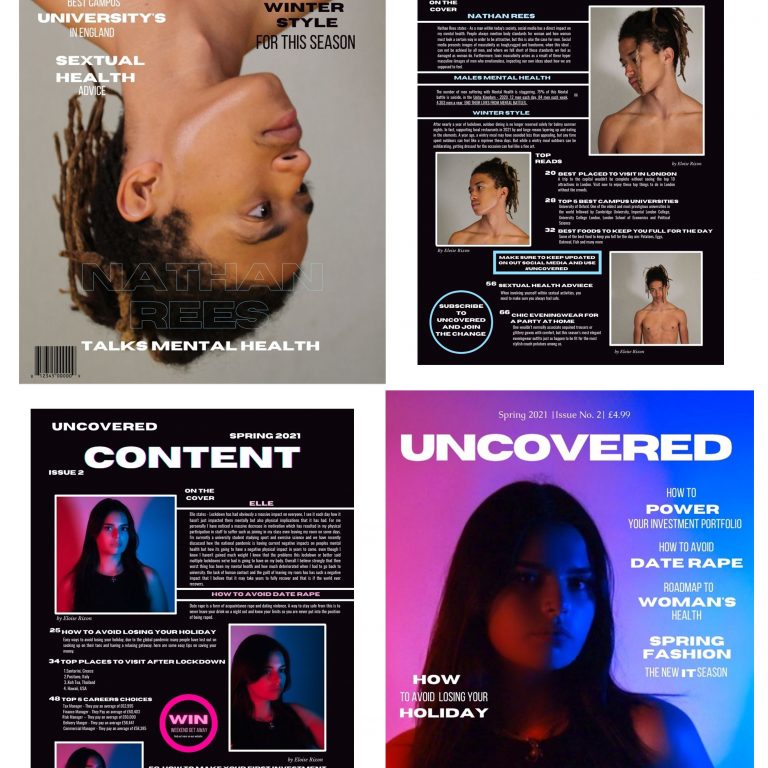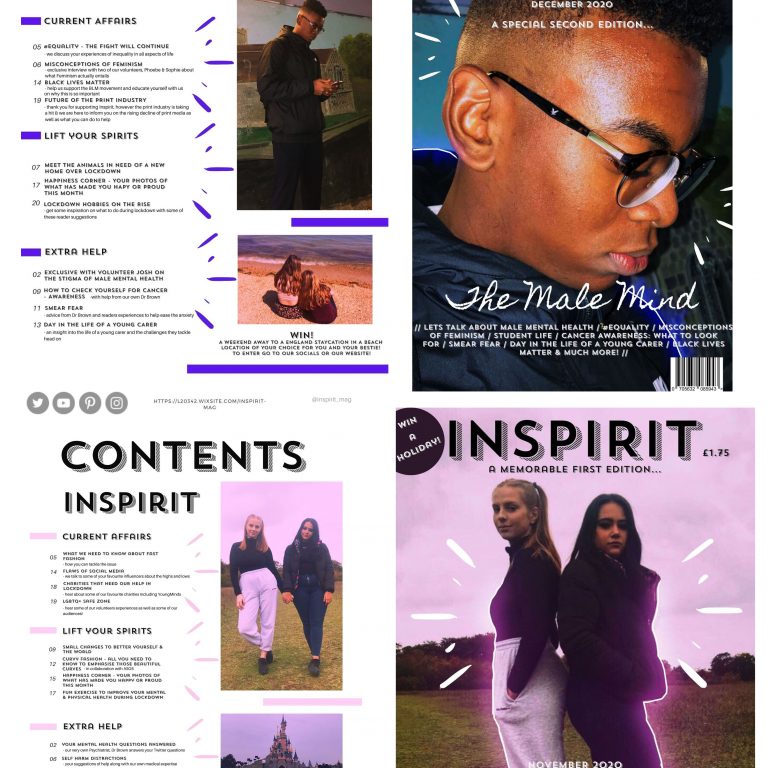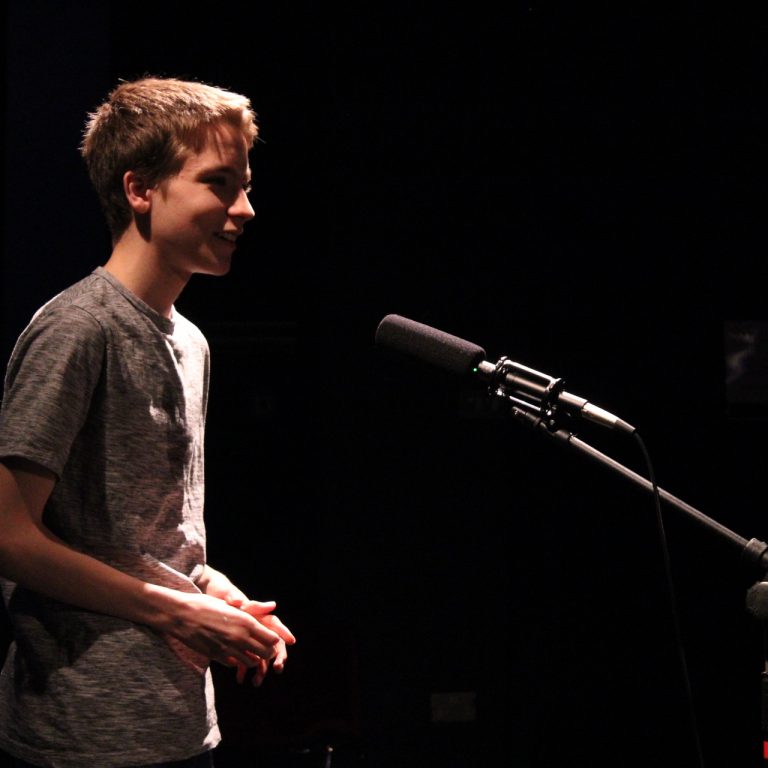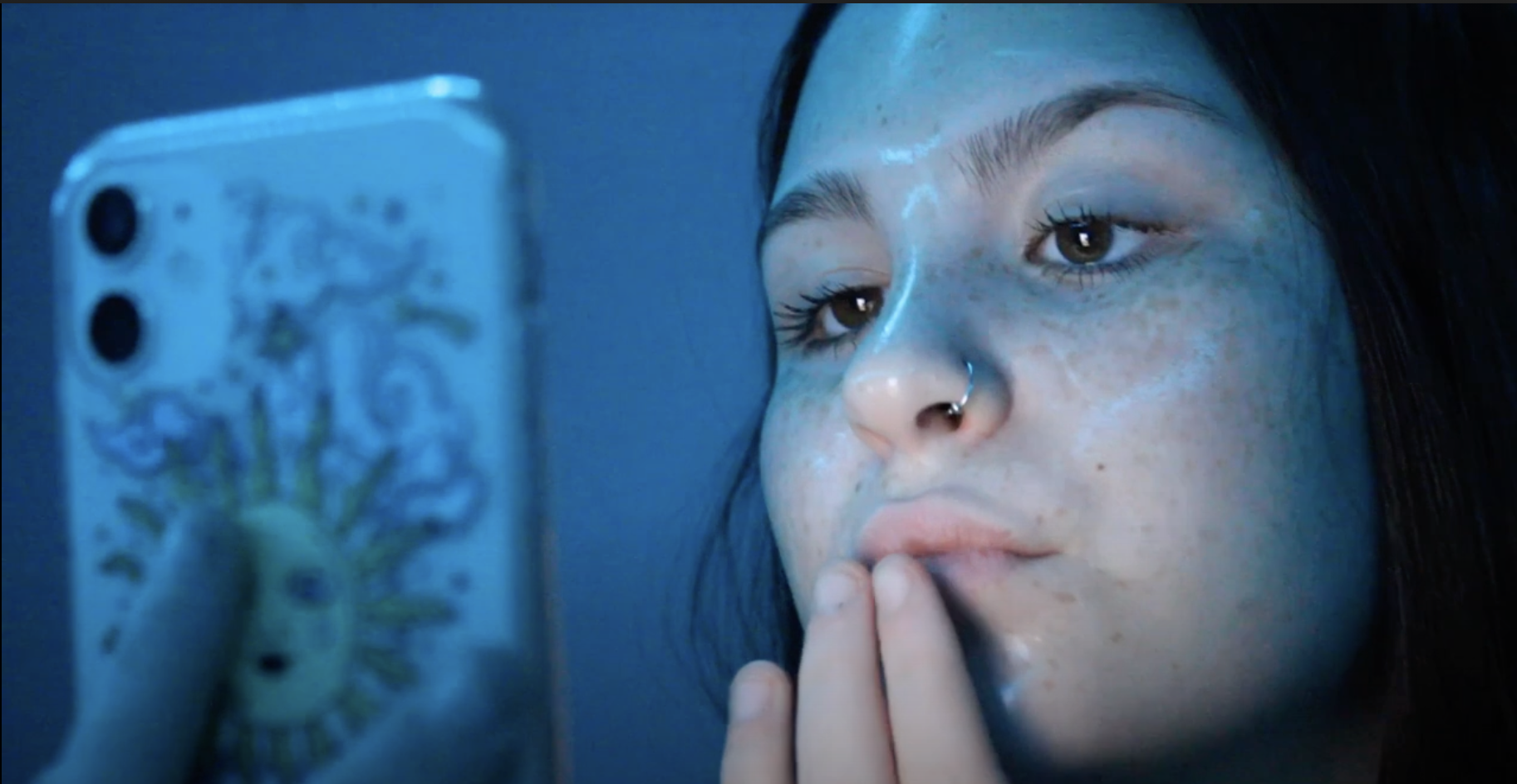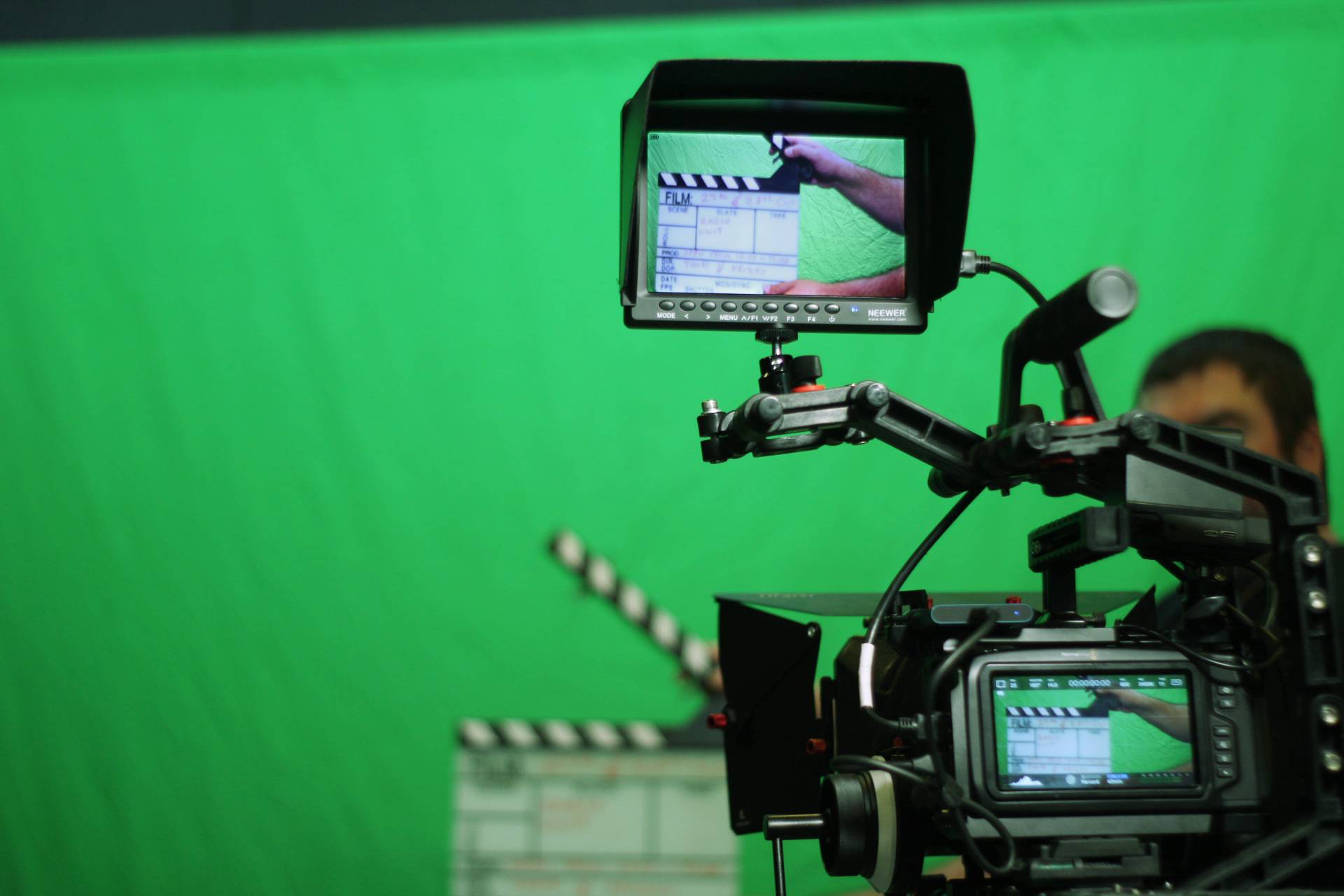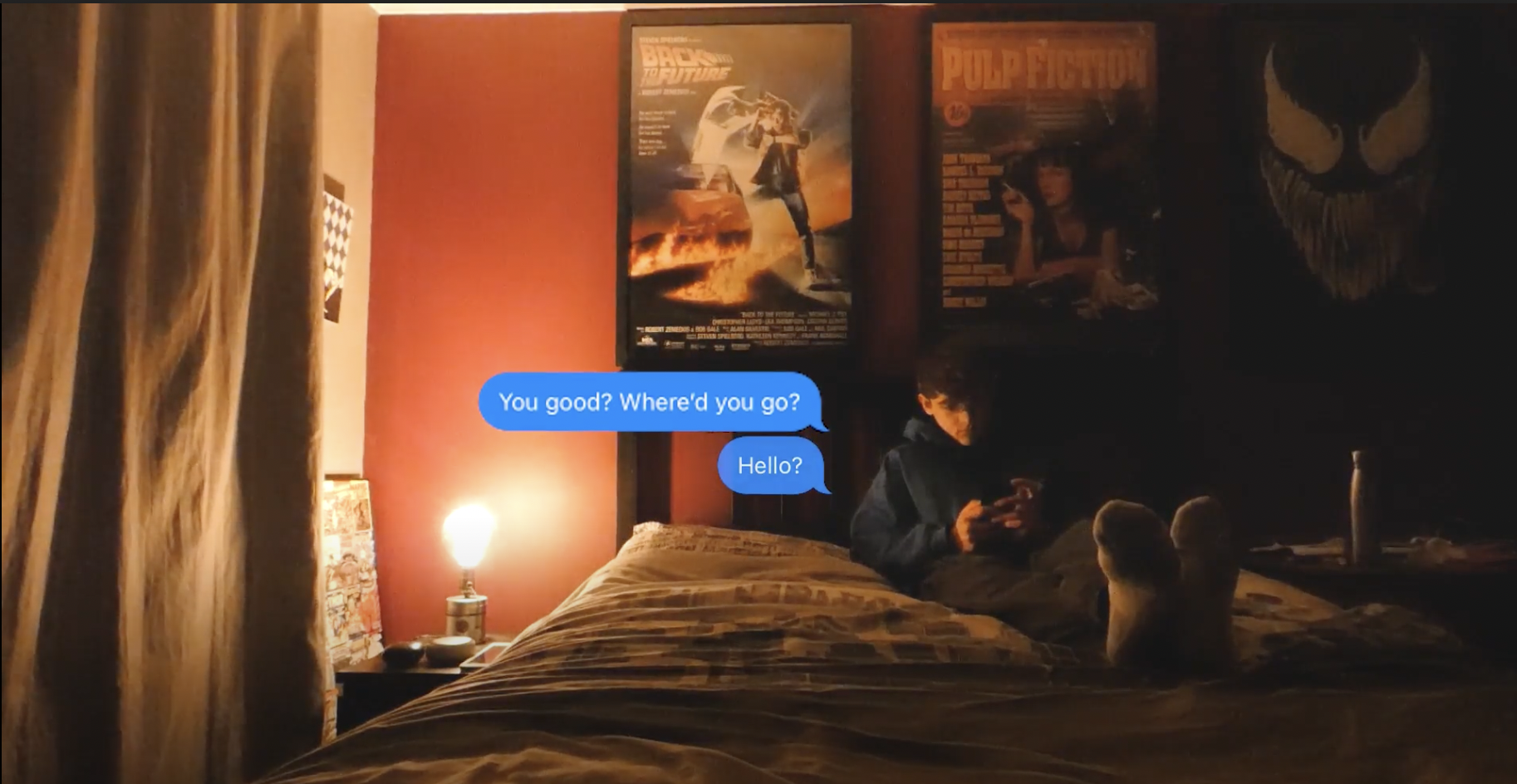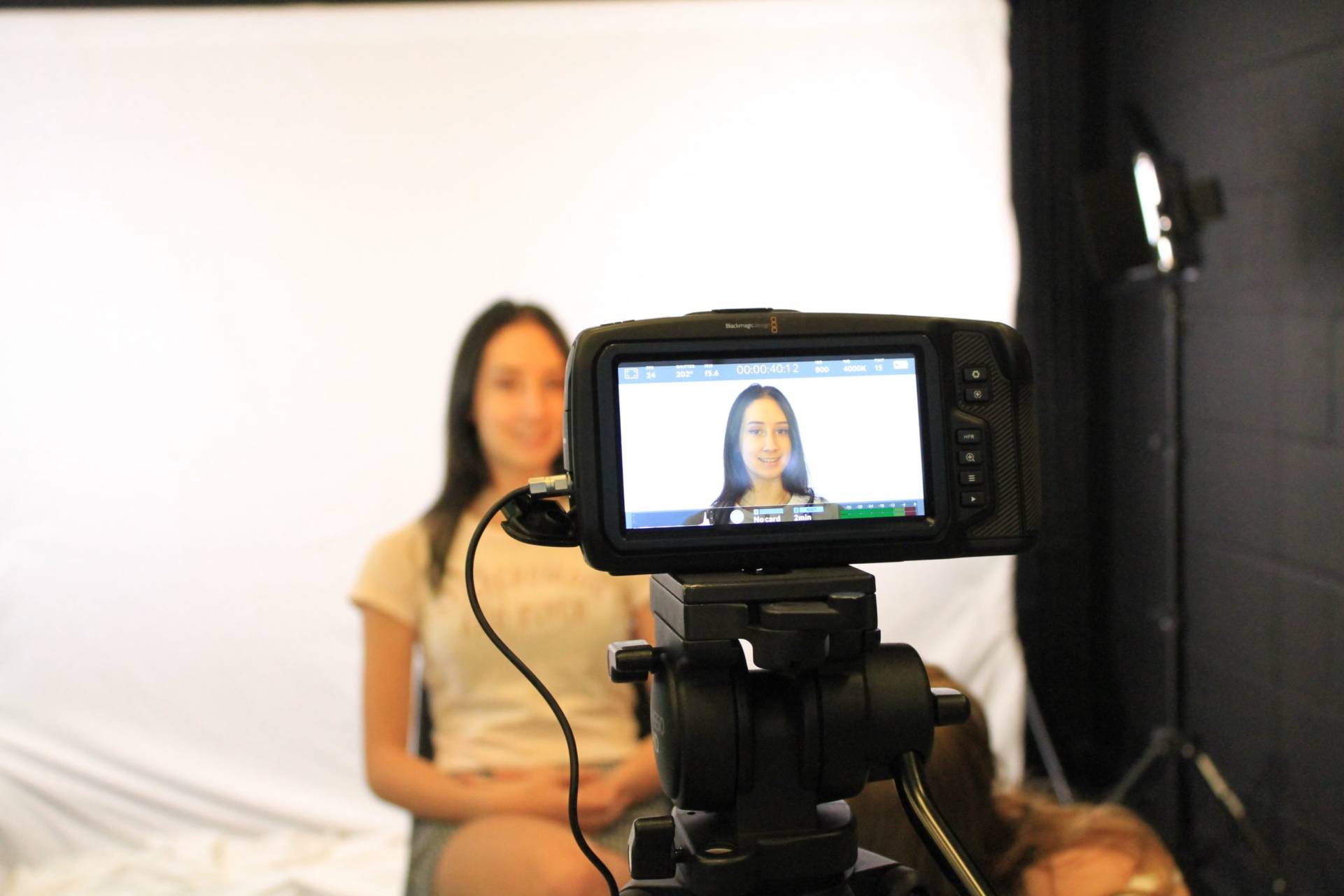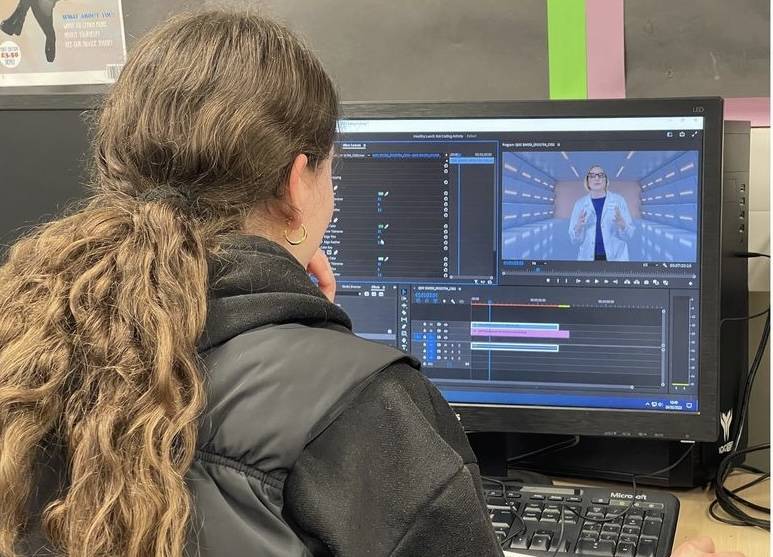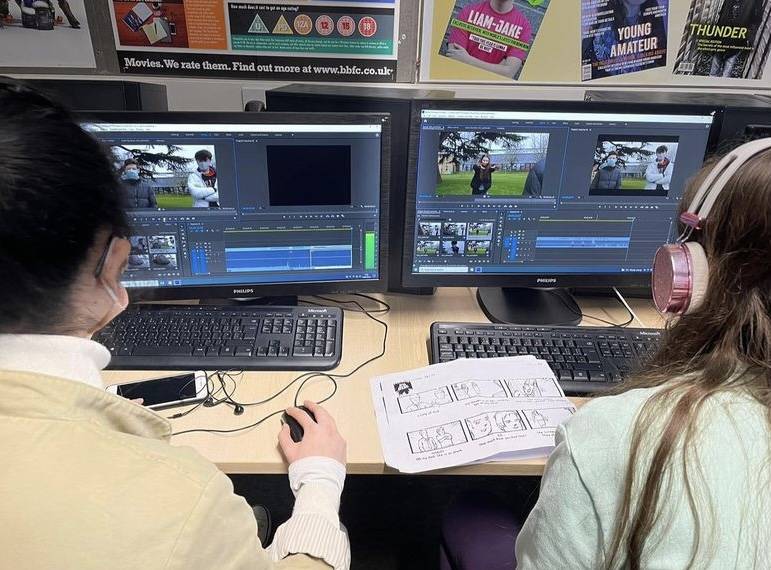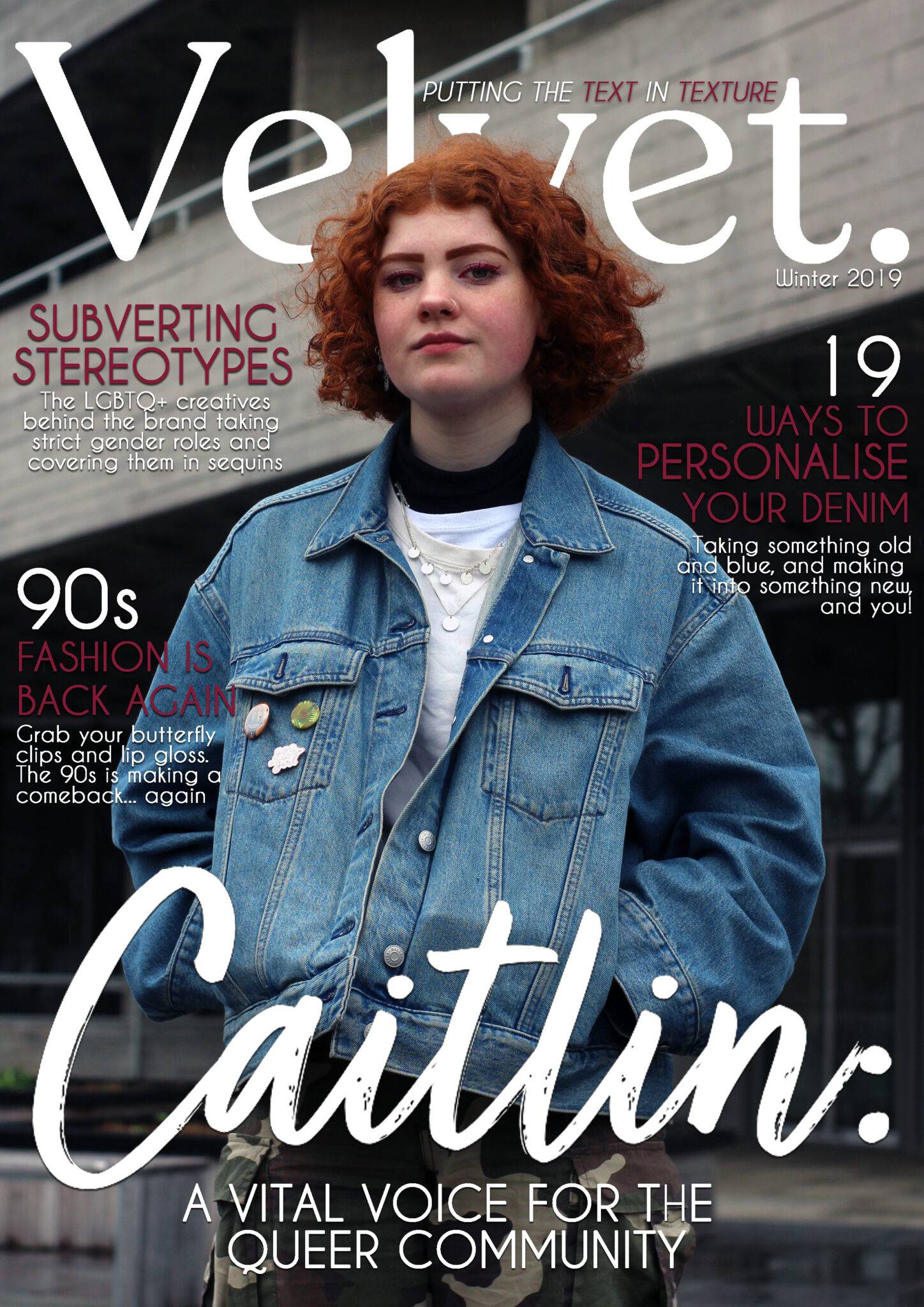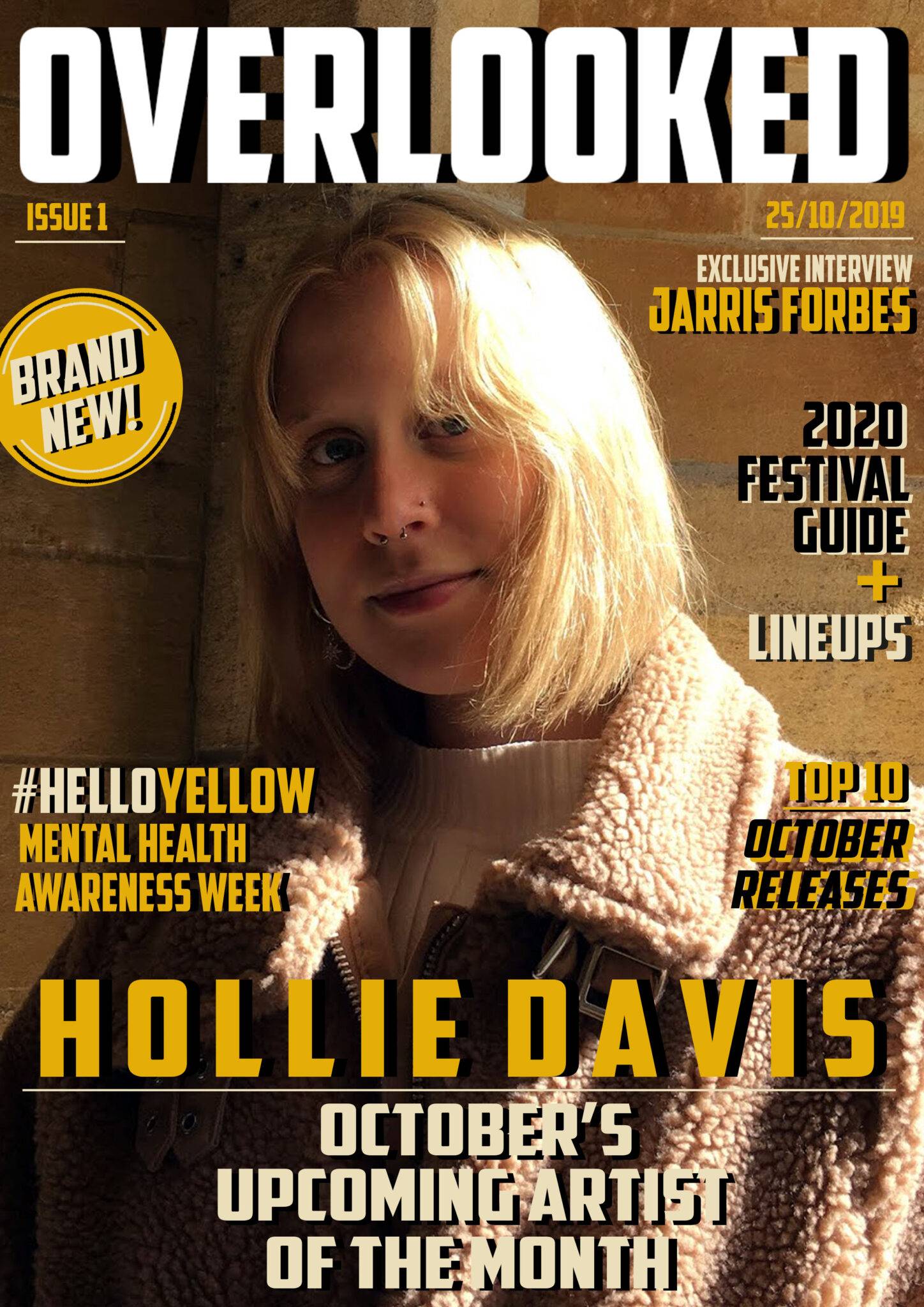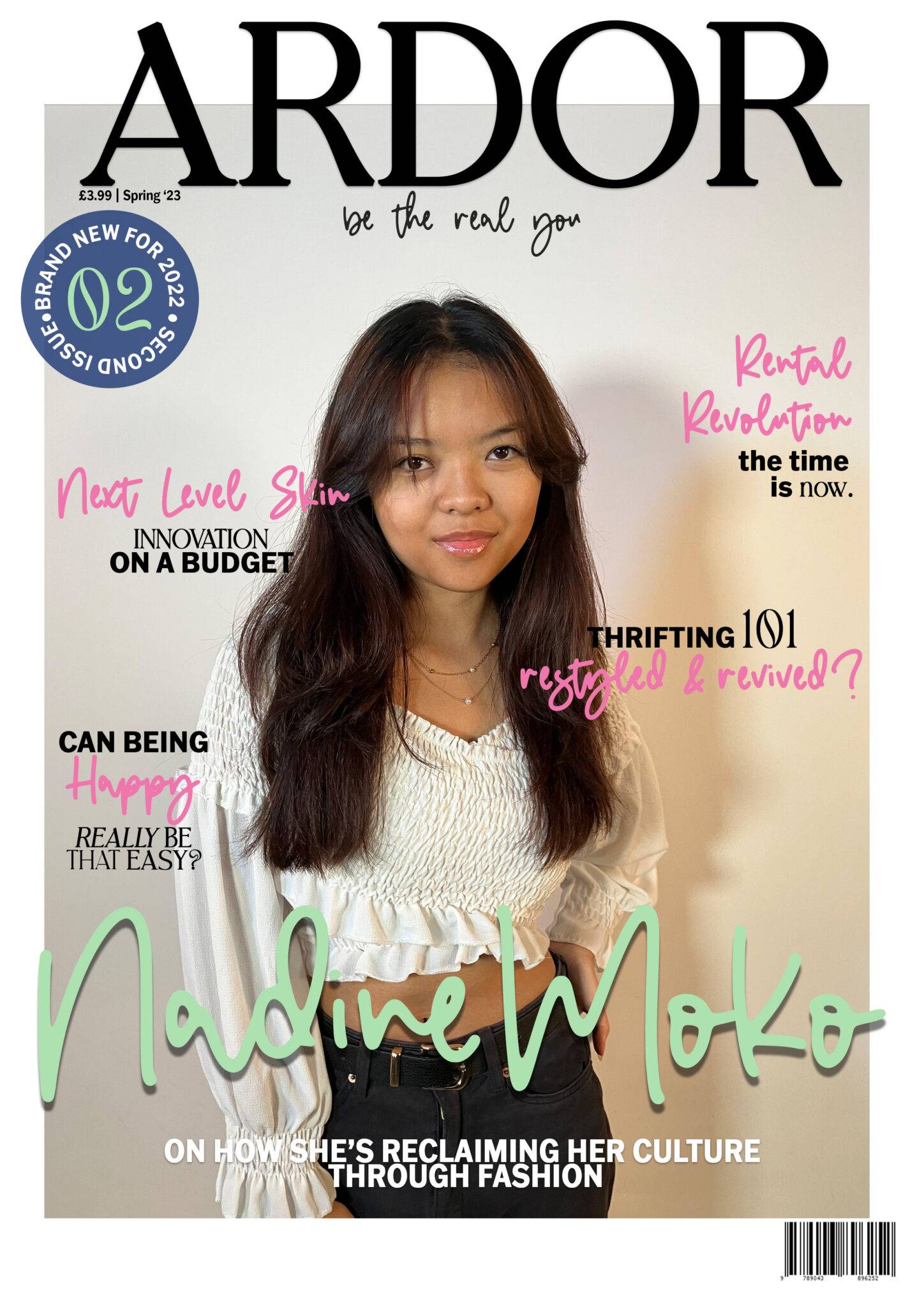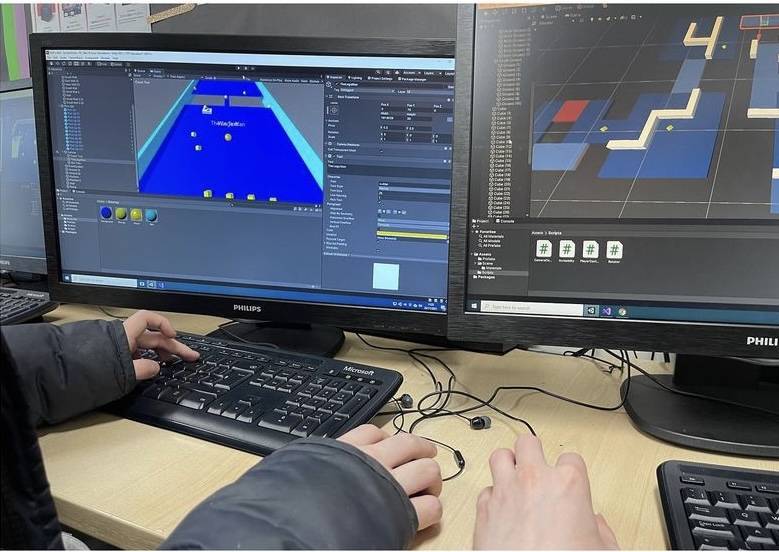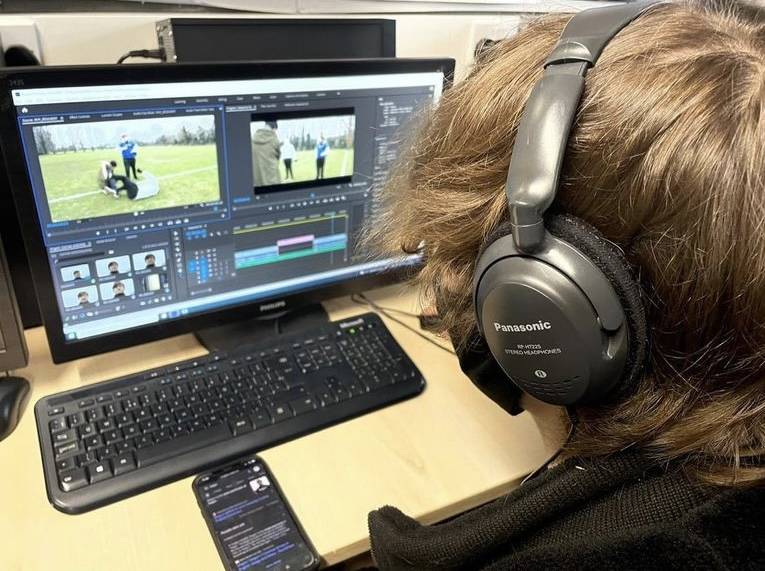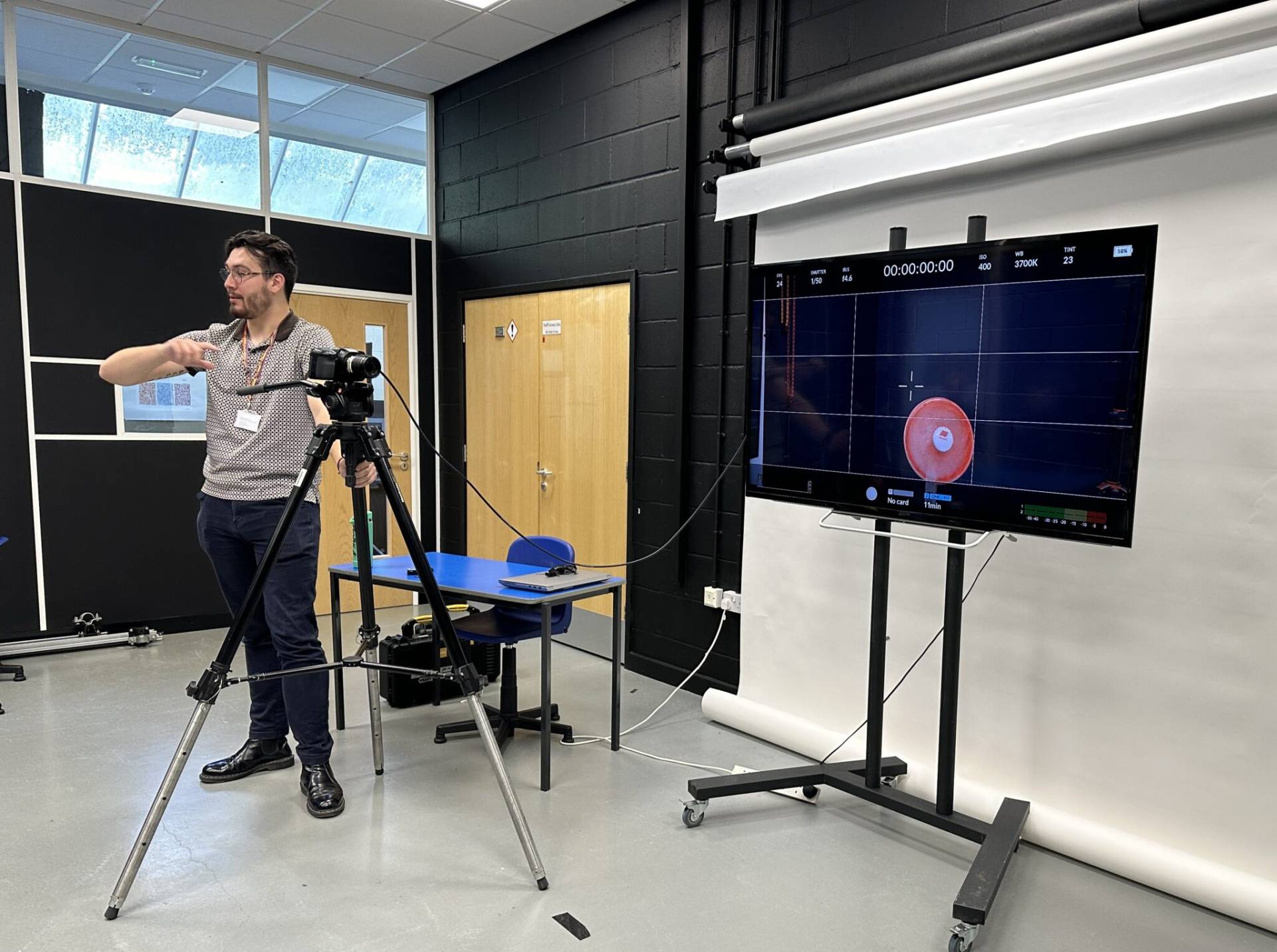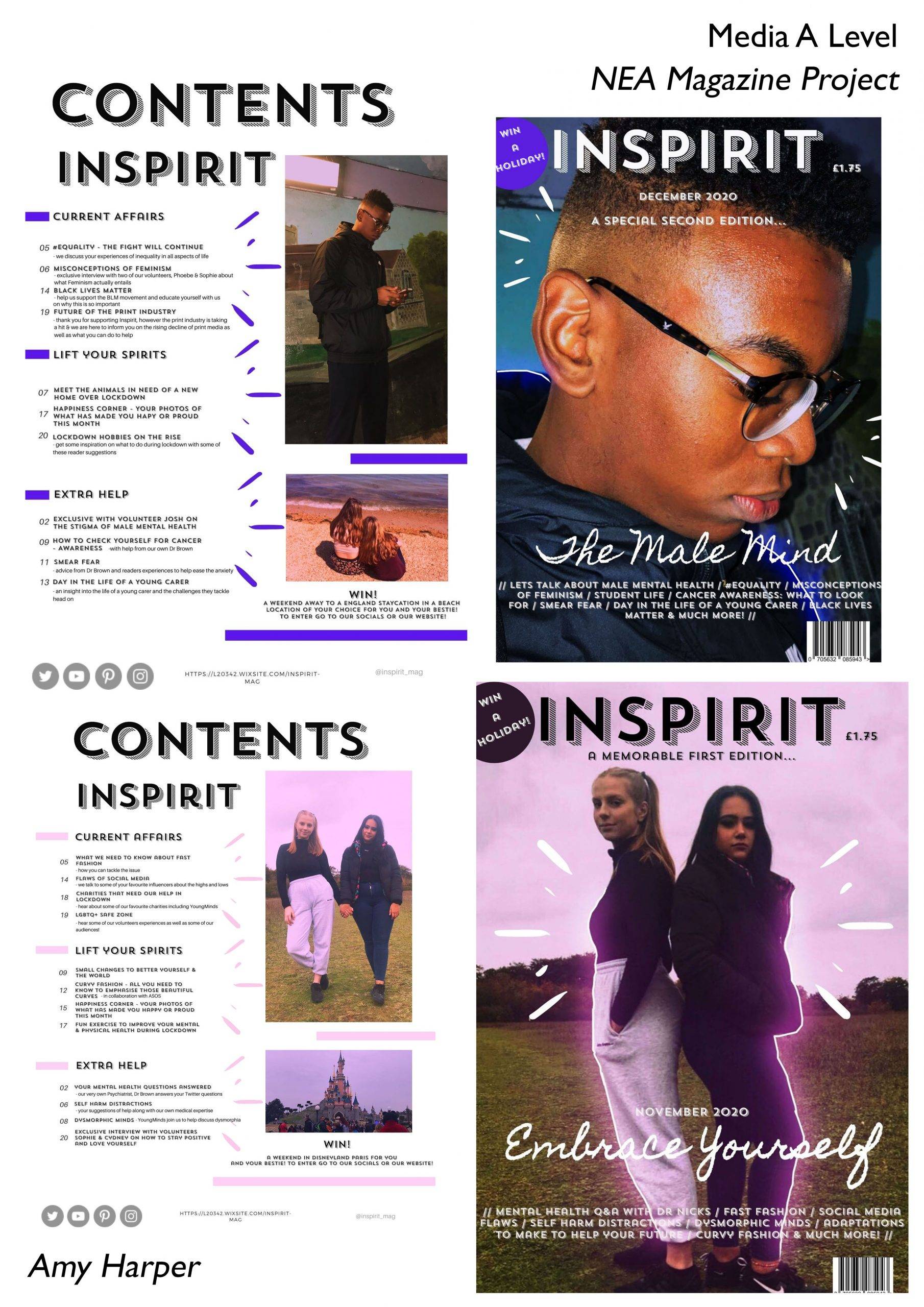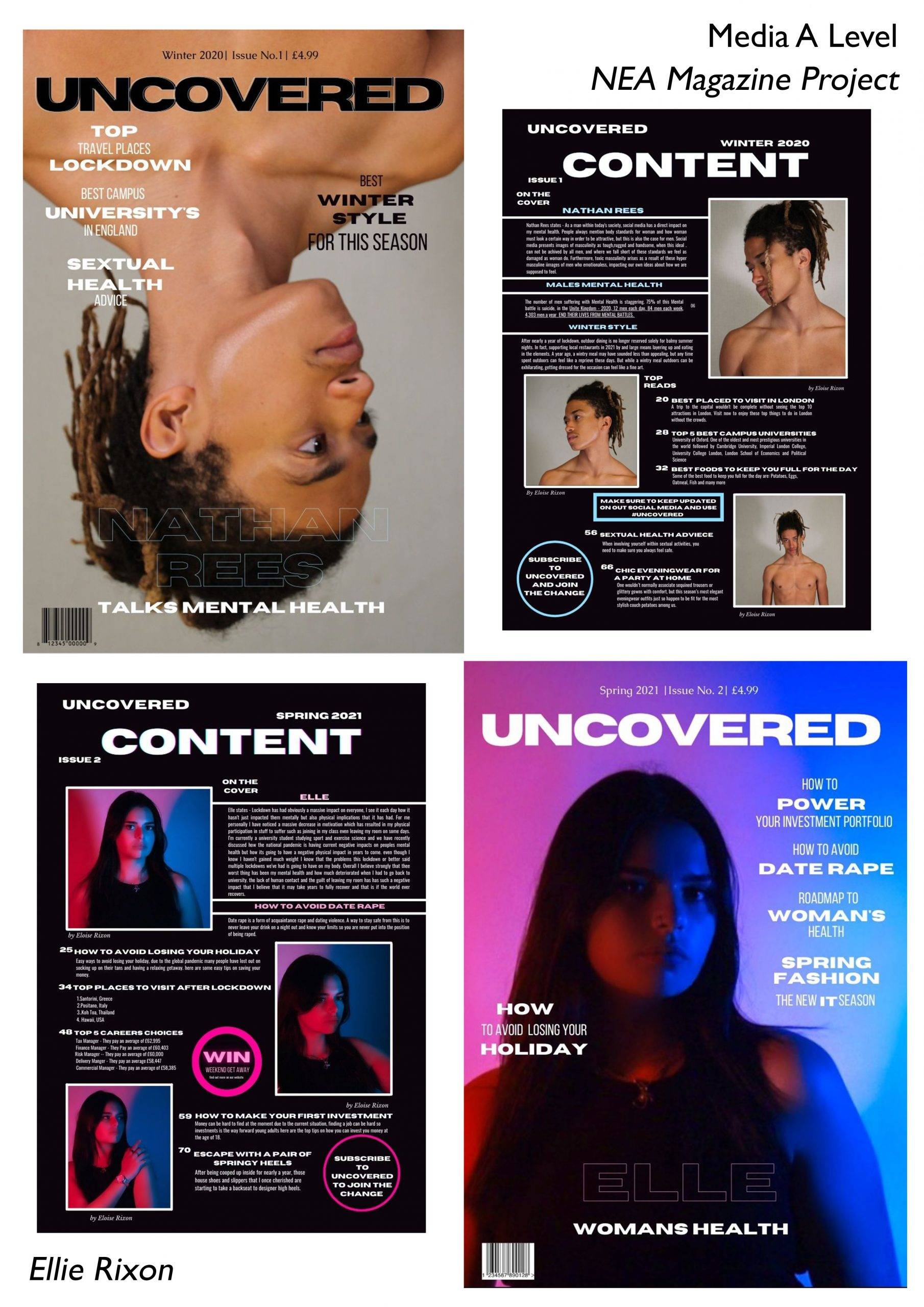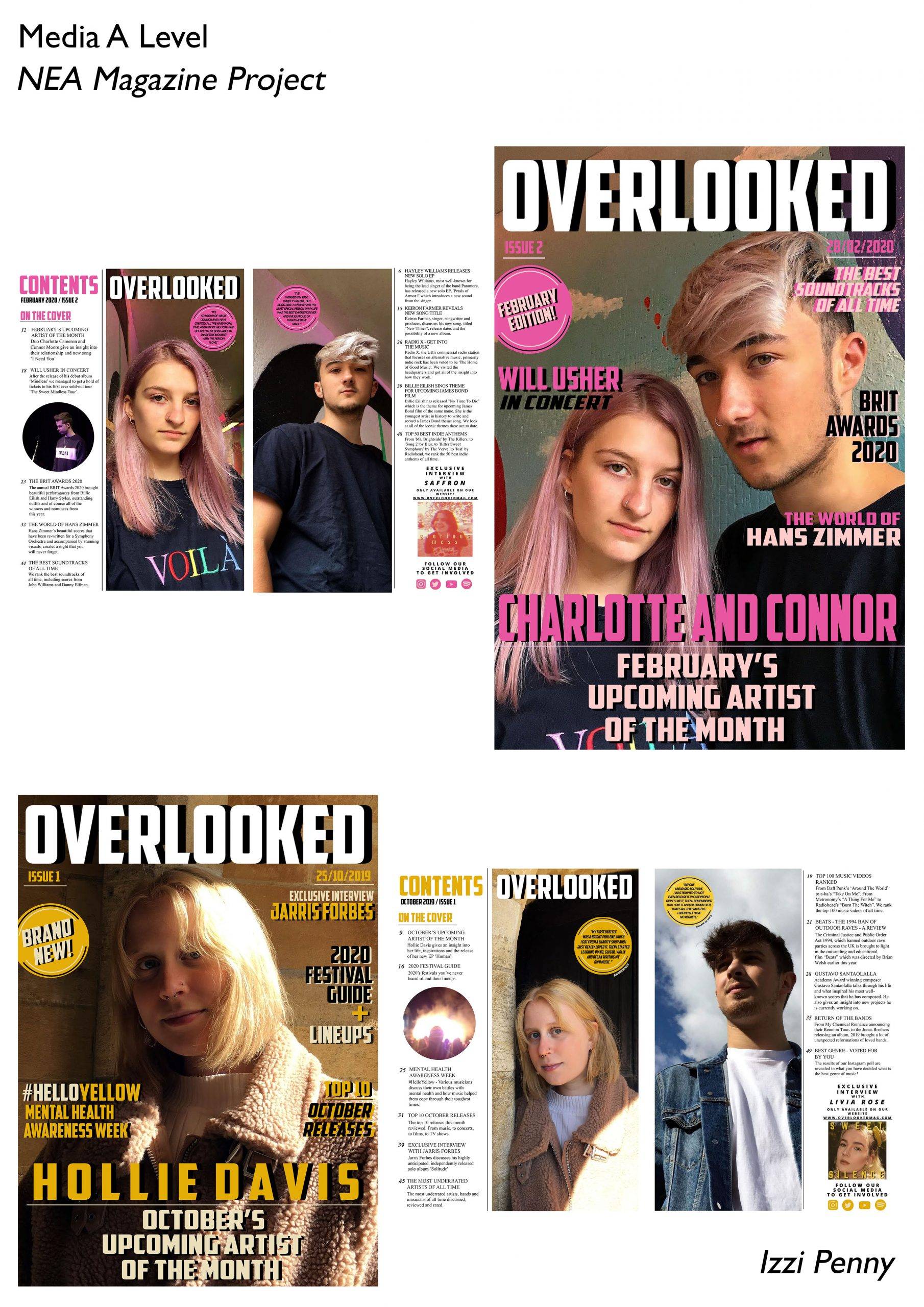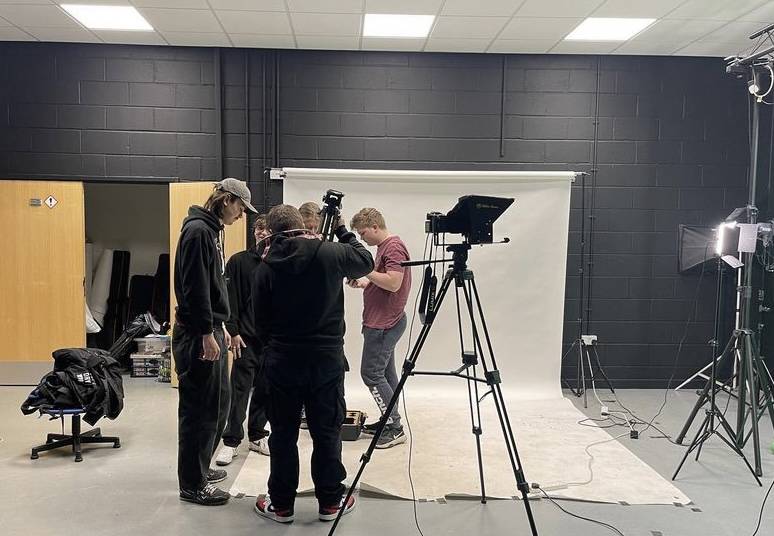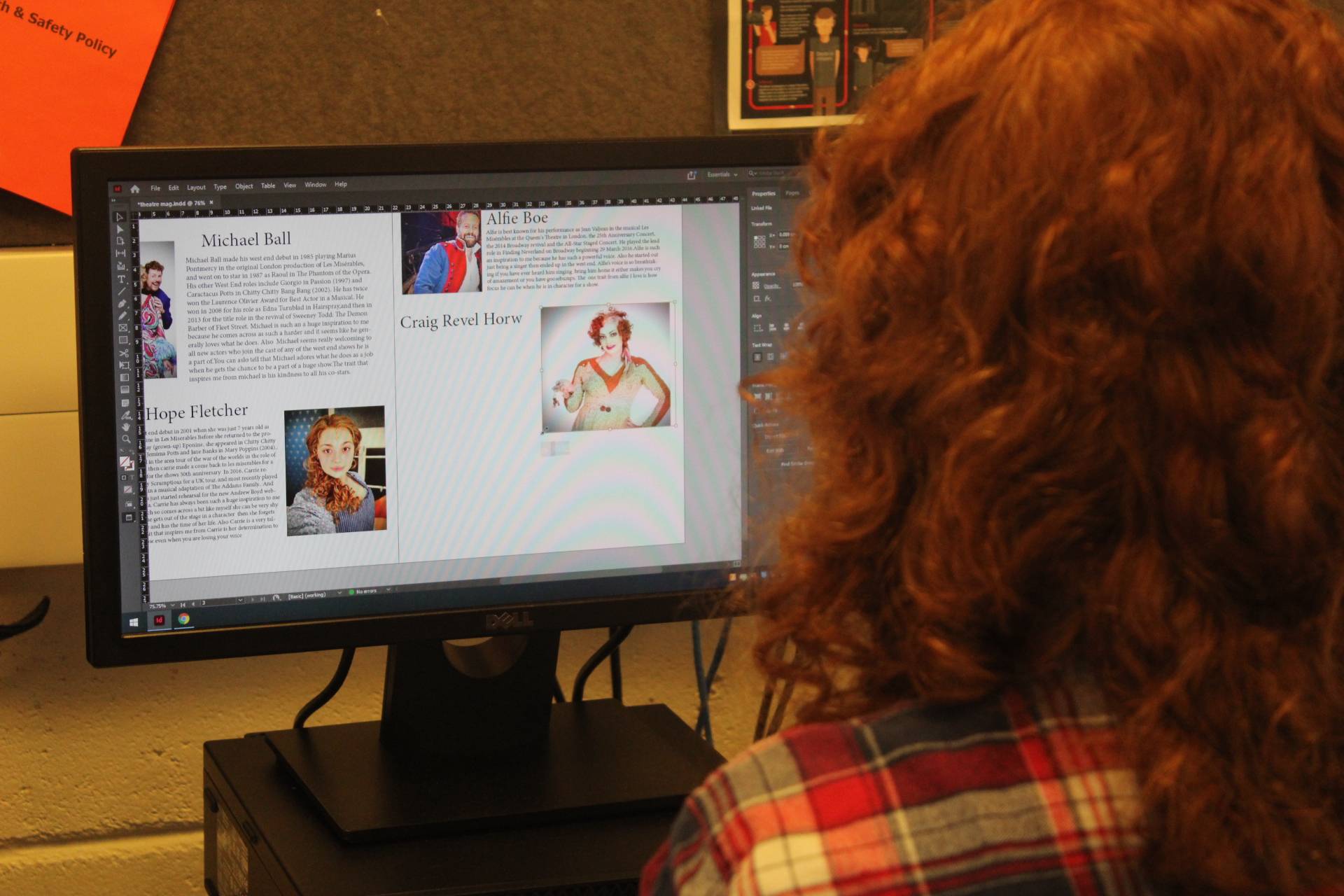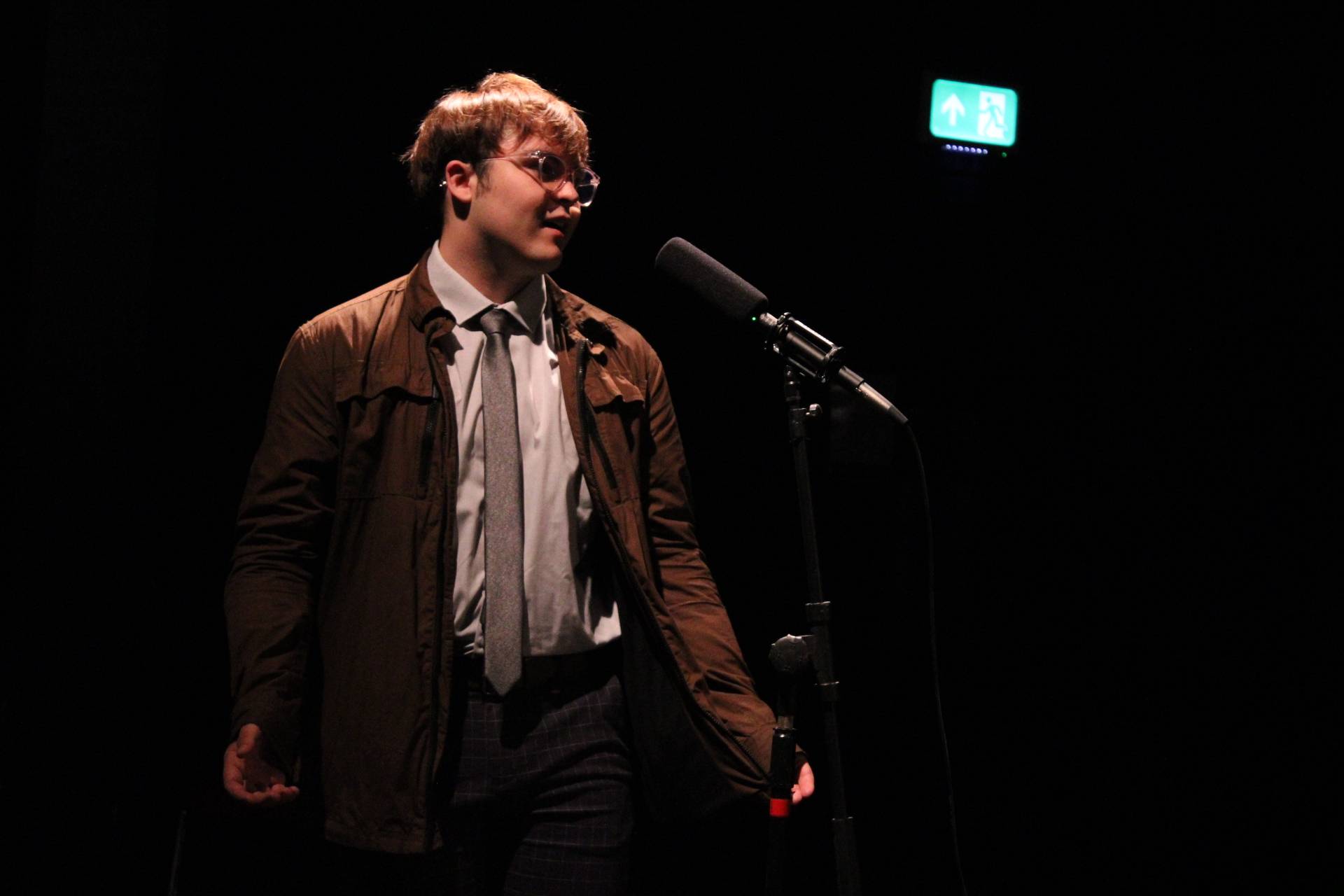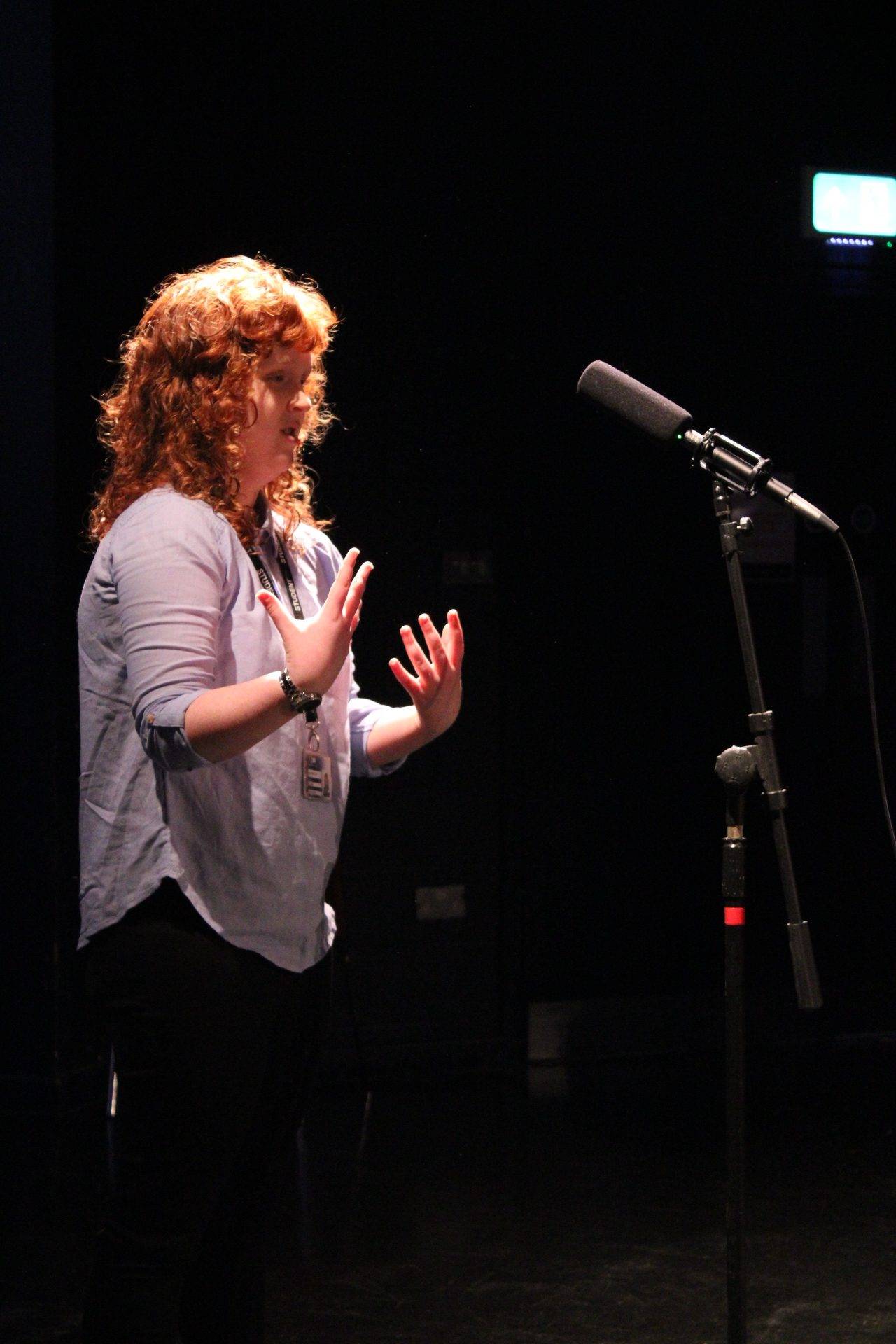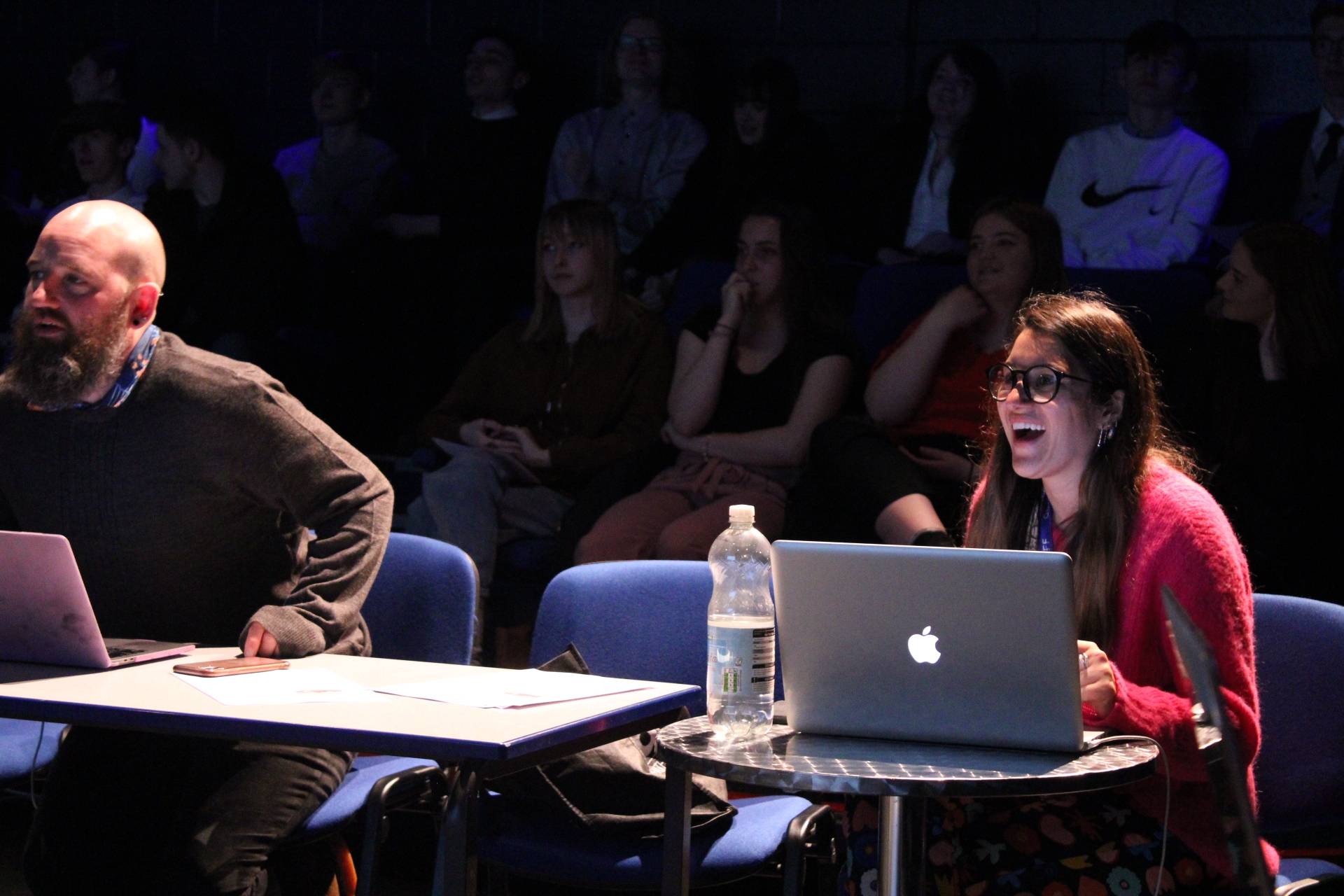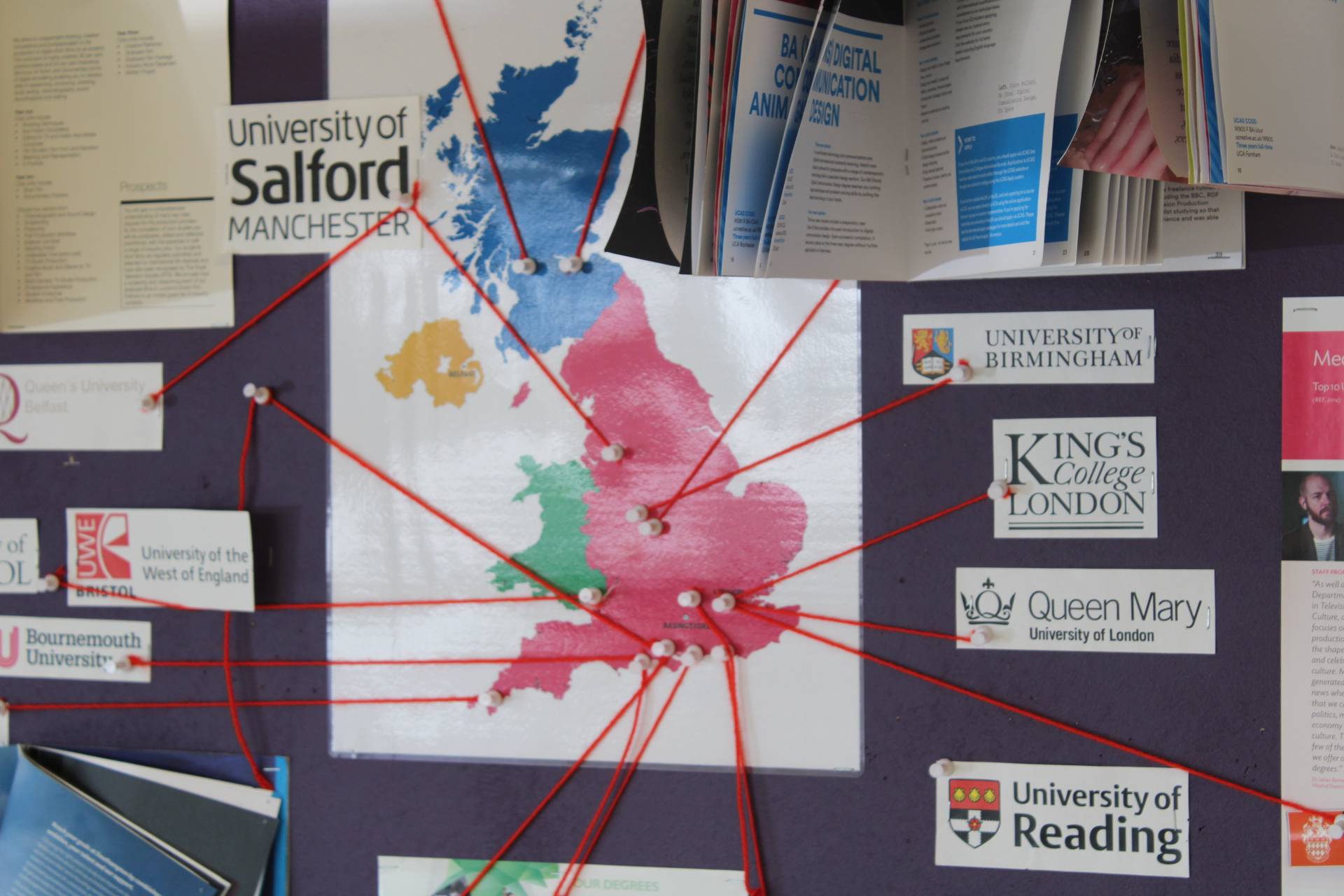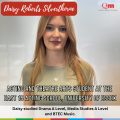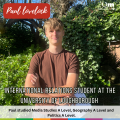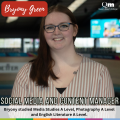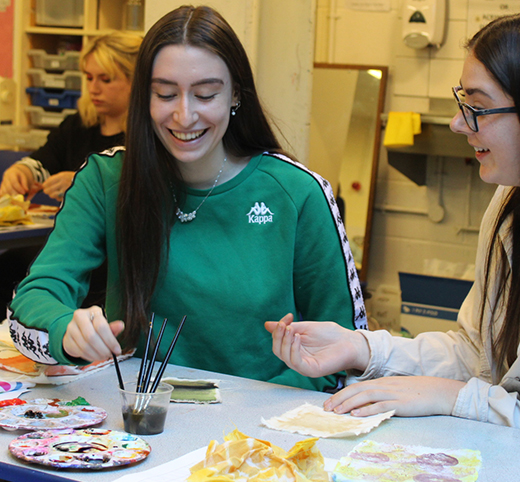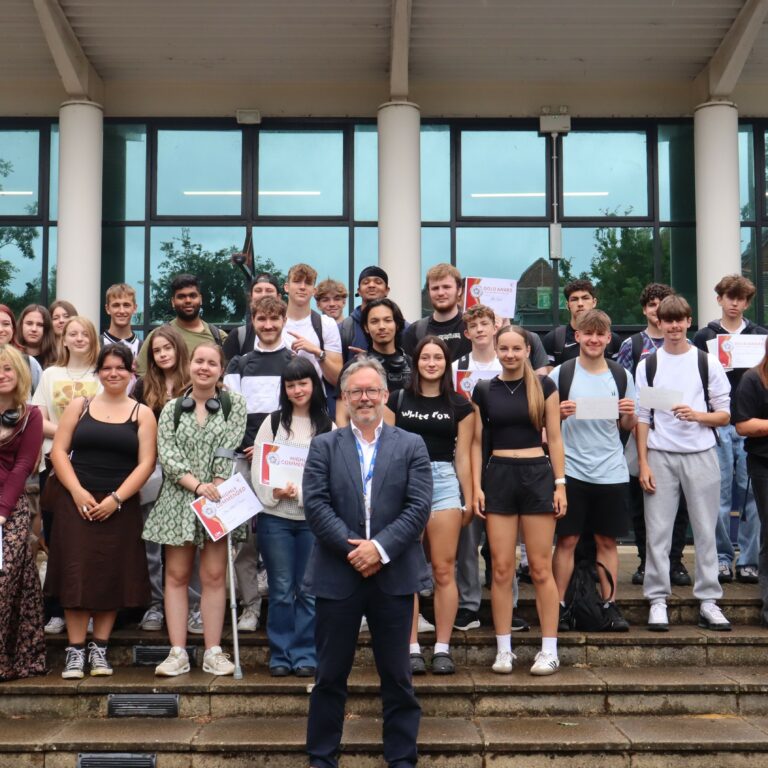We live in a world of competing messages, with many of these circulating via the interconnected industries that we call ‘the media’. No matter which one of our media studies course you choose, you will learn to make sense of these messages, and the ideologies contained therein.
At QMC, we offer three different Media Studies courses which are, Media Studies A Level, Creative Media Production and Technology Vocational Single or Extended.
Across all of our Media Studies courses, our students receive a wealth of technical expertise and industry-standard equipment which enables them to excel. Students have access to a computer suite fully equipped with the latest Adobe package (including Photoshop, Illustrator, InDesign, Premiere Pro and After Effects). Students also have access to Lumix and Black Magic cameras and a TV studio.
Whether you prefer practical work or theoretical exploration, the department has something to offer any driven individual to explore the media in greater depth. Media Studies lessons take place across a series of rooms at The QMC School of Creative Arts housed in the Allen Building, a purpose-built creative space.


